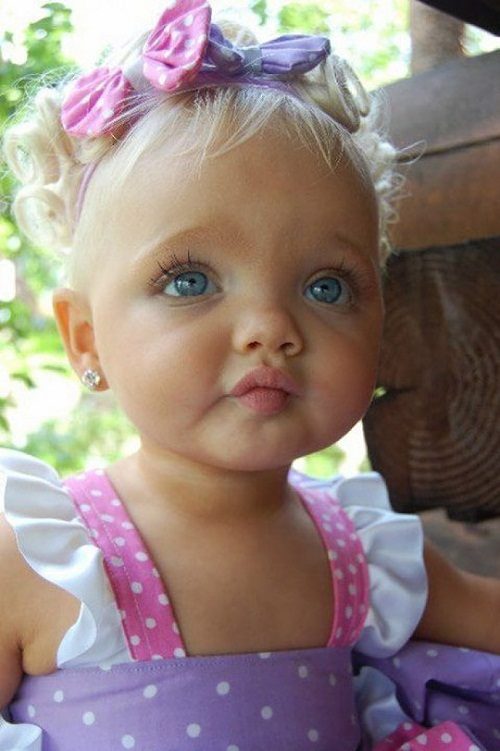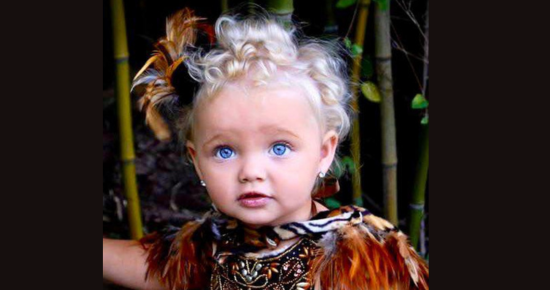Aira’s life was forever changed when she was just two years old. Her uncanny resemblance to a porcelain doll captured the attention of the modeling industry, thrusting her into the spotlight. Her parents, eager to share her beauty with the world, took her to a modeling agency, and she quickly became a sought-after face.

Her early success was nothing short of phenomenal, with her images spreading like wildfire online. However, many questioned the authenticity of her looks, speculating that they were the result of clever photo editing. But as Aira’s career took off, it became clear that her doll-like features were genuinely her own.

Yet, beneath the glamour and allure of fame, Aira’s childhood was sacrificed. Her days were filled with photo shoots and agency meetings, leaving little room for a normal upbringing. She missed out on the simple joys of attending school, forming friendships, and exploring her independence.

Her parents, enticed by the promise of fame and fortune, made decisions that propelled Aira toward stardom. But as she grew older, her body began to change, and her unique appearance started to lose its luster.
As Aira entered her teenage years, her fame began to fade. Modeling agencies lost interest, and the once-constant stream of opportunities dwindled. Today, Aira’s online presence offers a glimpse into her transformed life.

Interestingly, she appears to have distanced herself from her “doll” days, scrubbing her online profiles of any reminders of that period. It’s a poignant reminder that childhood fame can have a bittersweet legacy.
Aira’s story serves as a cautionary tale about the double-edged sword of early success. While it may bring fleeting glory, it can also rob a child of the carefree innocence and joy that defines youth. As we gaze upon Aira’s transformed life, we’re forced to confront the unsettling consequences of prioritizing fame over childhood.


